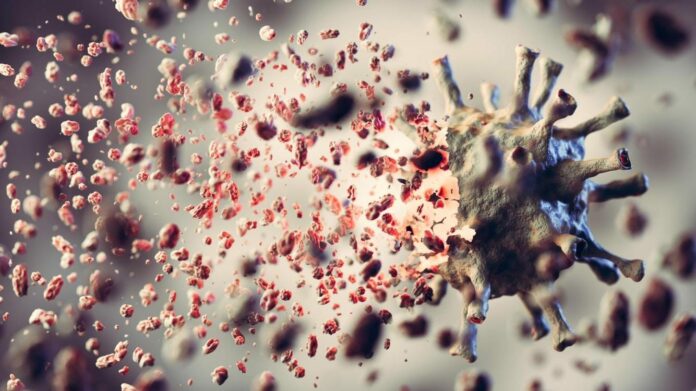Long Covid patients face ongoing issues like tiredness and difficulty breathing. Researchers from the University of Zurich and University Hospital Zurich found that the complement system, a part of our immune system, plays a role in these symptoms. They discovered a pattern in blood proteins that could enhance Long Covid diagnosis and lead to better-targeted treatments.
Many recover from the SARS-CoV-2 virus, but some face ongoing symptoms. The reasons for Long Covid are unclear, and there are no specific tests or treatments yet.
Professor Onur Boyman and his team at the University of Zurich found that the complement system is crucial in Long Covid. This system, which usually fights infections and removes damaged cells, is a critical player in the immune system.
Boyman said, “In patients with Long Covid, the complement system no longer returns to its basal state, but remains activated and, thus, also damages healthy body cells.”
Continued activation of the complement system harms tissues and blood cells. In a study, researchers monitored 113 COVID-19 patients for up to a year after their initial infection, comparing them with 39 healthy individuals. After six months, 40 patients still had active Long Covid.
The analysis of over 6,500 proteins in their blood revealed heightened complement system activity. Those with active Long Covid also showed increased blood levels, indicating damage to various cells, including red blood cells, platelets, and blood vessels.
Bioinformatics detects patterns in proteins. In active Long Covid, changes in blood proteins reveal an interaction between complement system proteins, crucial for blood clotting and tissue repair. However, recovered Long Covid patients return to normal blood levels within six months. Bioinformatics methods, developed in collaboration with Karsten Borgwardt at ETH Zurich, identified specific blood markers that characterize active Long Covid.
The research not only enhances diagnosis but also aids in exploring substances to regulate the complement system, offering the potential for more targeted therapies for Long Covid patients, according to Onur Boyman.
The findings highlight the crucial role of the complement system in causing cell damage in Long Covid, opening avenues for improved diagnostics and developing more targeted therapeutic approaches.
Journal reference:
- Carlo Cervia-Hasler, Sarah C. Bruningk et al., Persistent complement dysregulation with signs of thromboinflammation in active Long Covid. Science. DOI: 10.1126/science.adg7942.
